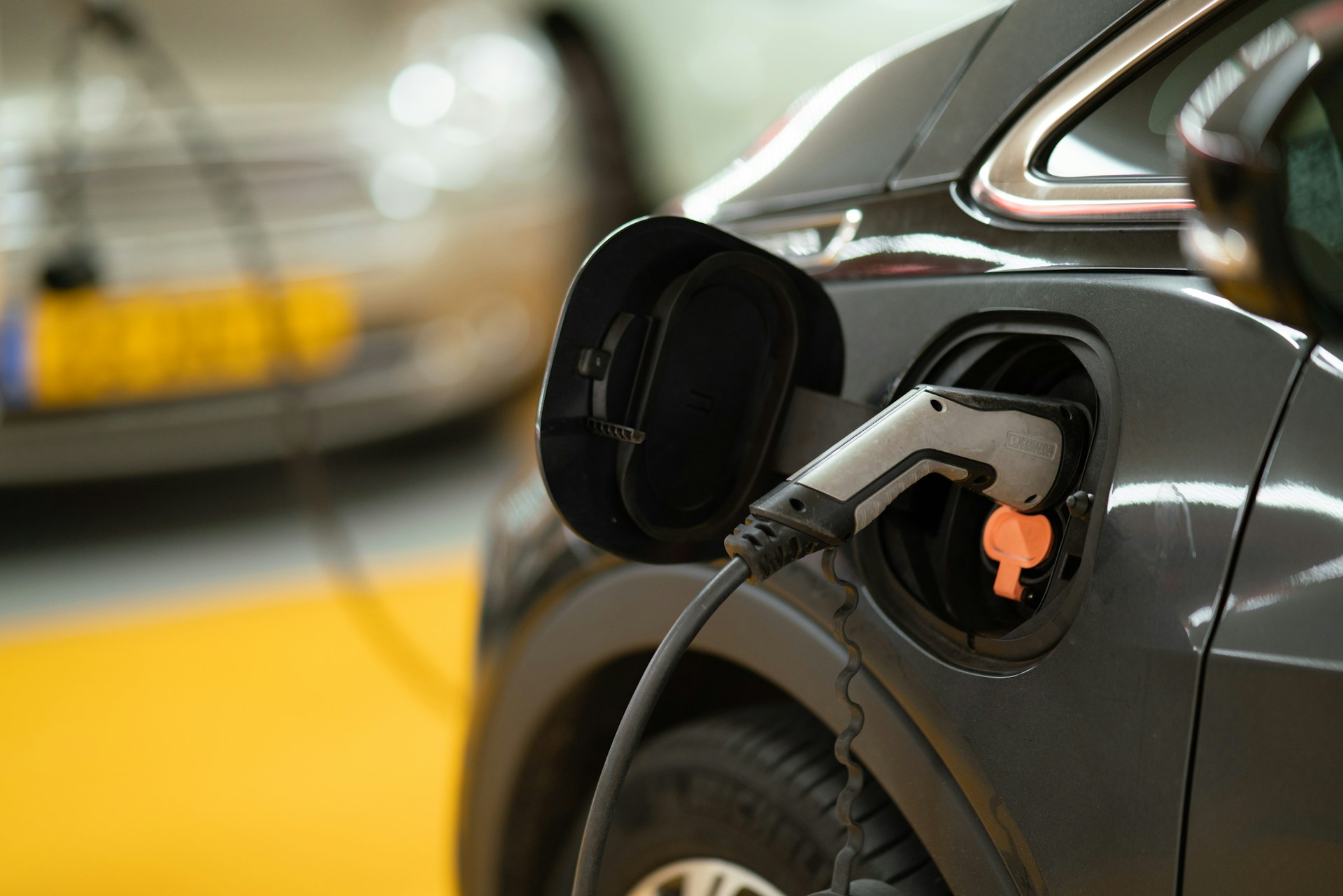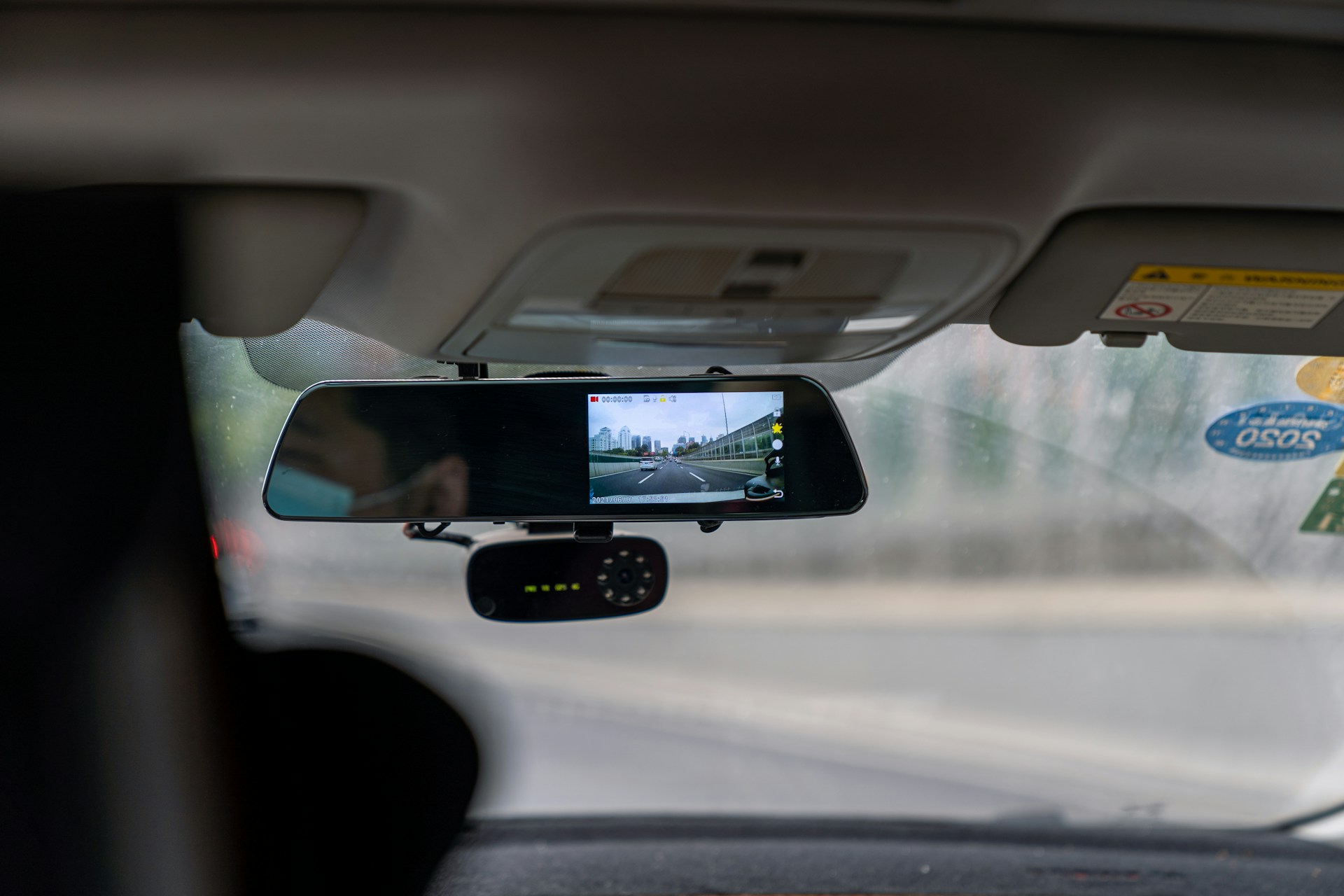As we enter the next decade, the automotive industry is poised for remarkable changes. From cutting-edge technologies to sustainable practices, the evolution of cars promises a revolution in mobility. In this article, we explore the exciting developments that will shape our roads and redefine our driving experience. Buckle up as we journey into the future of automobiles!
-
Electric Revolution
Electric Vehicles (EVs) Take Center Stage
The shift toward electric vehicles is no longer a distant dream; it’s our imminent reality. Here’s what to expect:
- Widespread Adoption: EVs will become the norm, with major automakers investing heavily in electric technology.
- Charging Infrastructure: A robust charging station network will emerge, making long journeys feasible.
- Battery Innovations: Advances in battery technology will extend range, reduce charging time, and enhance overall performance.
-
Autonomous Dreams
Self-Driving Cars: Navigating the Future
Autonomous vehicles are no longer science fiction. They’re hitting the roads, and here’s why they matter:
- Safety: Self-driving cars promise fewer accidents by minimizing human error.
- Productivity: Imagine using your commute for work, reading, or relaxation.
- Logistics Revolution: Autonomous trucks will transform freight transportation.
-
AI at the Wheel
Advanced AI Integration
Artificial intelligence will be our co-pilot, enhancing safety and personalization:
- Driver Monitoring: Cameras track driver attention, preventing drowsiness and improving safety.
- Predictive Systems: AI predicts maintenance needs, optimizing vehicle performance.
- Connected Cars: Real-time data exchange for navigation, traffic updates, and personalized services.
-
Safety First
Enhanced Safety Features
Cars will be vigilant guardians, equipped with advanced safety tech:
- ADAS: Advanced Driver Assistance Systems offer collision warnings, lane-keeping, and adaptive cruise control.
- Tyre Pressure Monitoring: Constantly monitors tire pressure for optimal safety.
- Adaptive Headlights: Adjust intensity based on road conditions for better visibility.
-
Sustainable Design
Green Manufacturing and Circular Economy
Car production will prioritize sustainability:
- Materials: Eco-friendly materials and recycling practices.
- Manufacturing Efficiency: AI streamlines production processes.
- End-of-Life Recycling: Responsible disposal and reuse of components.
-
Urban Transformation
Cities Adapt to EVs and Autonomous Vehicles
Our cities will evolve:
- Smarter Traffic Management: AI-driven traffic control for efficient flow.
- Pedestrian-Friendly Zones: Safe spaces for walkers and cyclists.
- Green Infrastructure: Charging stations, solar-powered streetlights, and green spaces.
-
Consumer Expectations
Customization and Eco-Conscious Choices
Buyers will demand:
- Personalization: Customizable features to match individual lifestyles.
- Eco-Friendly Options: Electric, hybrid, and sustainable models.
India’s Rapid Growth Trajectory
India, one of the world’s largest automobile markets, is embracing electric vehicles (EVs) with enthusiasm. In FY2022, a staggering 455,733 EV units were sold, and as of July 2022, 1,334,385 electric vehicles were on Indian roads. The Indian government’s ambitious targets aim for significant EV adoption by 2030. Policies like the National Electric Mobility Mission Plan (NEMMP) and the Faster Adoption and Manufacturing of (Hybrid &) Electric Vehicles (FAME) scheme drive electrification efforts. State governments are also incentivizing EV manufacturing. India’s success will have a global impact, offering a huge chance for vehicle manufacturers worldwide.
The Inevitable Shift
Electric cars are on the cusp of a revolution akin to the internet’s explosive growth. Major car manufacturers are committing to all-electric futures. Jaguar plans to sell only electric cars from 2025, Volvo from 2030, and Lotus from 2028. General Motors, Ford, and VW are following suit. This isn’t greenwashing; it’s a technological revolution. Just as the internet disrupted existing businesses, EVs are poised to change the way we drive. The EV market now resembles the internet in the early 2000s, and its growth will follow the familiar S-curve pattern.
Global Momentum
By 2025, 20% of all new cars sold globally will be electric, according to UBS. By 2030, that figure will leap to 40%, and by 2040, virtually every new car sold worldwide will be electric. As countries sign ambitious targets into law, the future of electric cars is becoming increasingly inevitable. France and the UK aim to ban fossil-fueled car sales by 2040. The transition to electric vehicles isn’t just a fad; it’s a transformative shift that will reshape our roads and reduce our dependence on fossil fuels.
As we fasten our seatbelts for this transformative journey, remember that the road ahead is paved with innovation, responsibility, and the promise of a cleaner, safer world.
Check out more articles!









One response to “Driving into Tomorrow: Future of Electric Cars”
[…] in vehicle bans may discourage businesses and consumers from investing too much in this path. Fully electric vehicles only make up 2% of the global market right now, but as their price drops below that of petrol […]